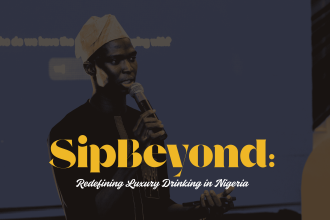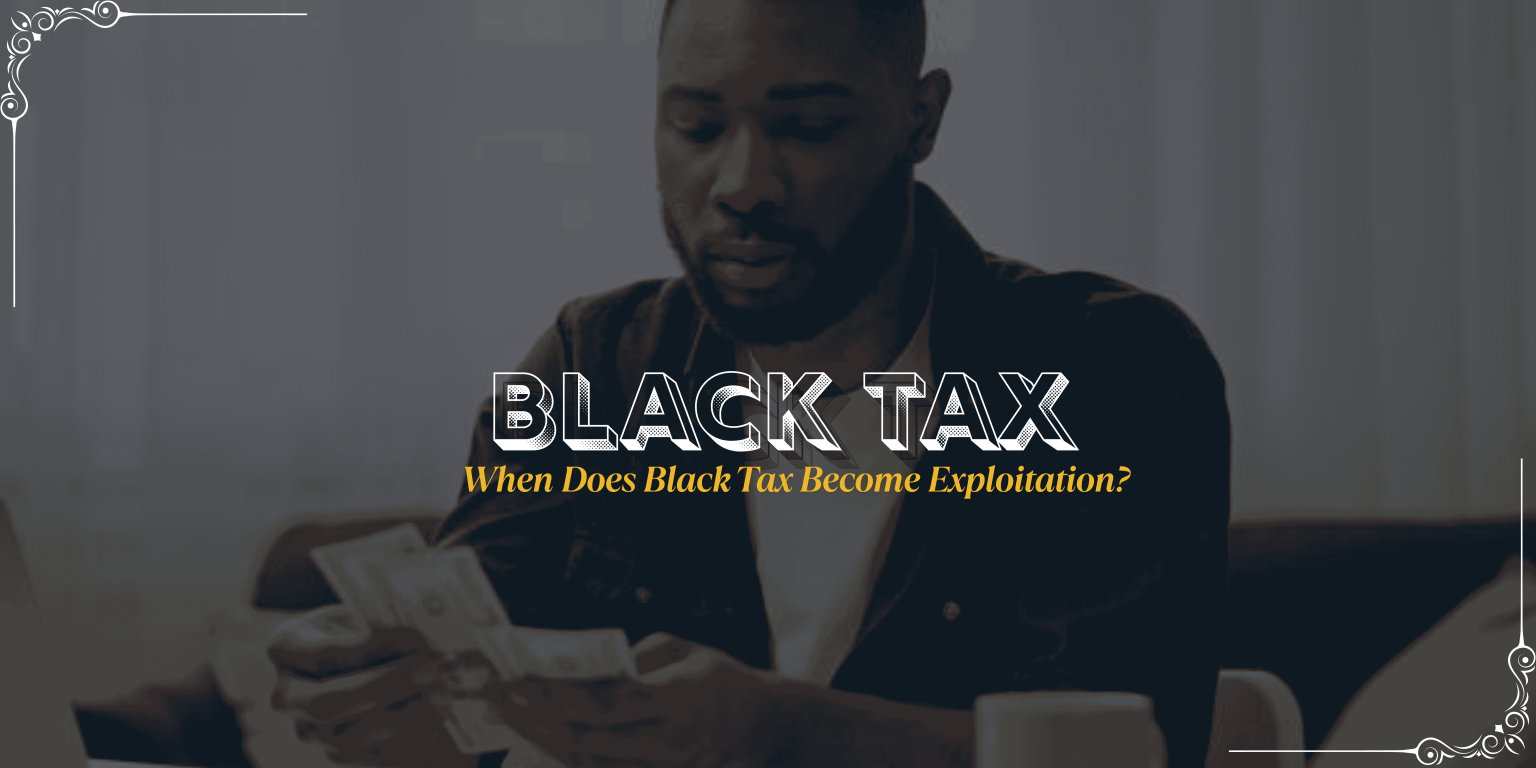For many Nigerian men, black tax, the expectation to financially support extended family, is a duty worn like a badge of honor. But beneath the pride lies exhaustion, resentment, and a quiet question: When does support become exploitation?
Three Nigerian men share their raw, unfiltered experiences. Their stories reveal the heavy cost of black tax, not just on their wallets, but on their dreams, mental health, and futures.

The Breaking Point: Real Stories of Sacrifice and Struggle
Emeka’s Story: “Every Time I Save, Someone Needs ‘Just This One Thing’”
Emeka, 32, wakes up at 5:30 AM every day. His one-bedroom apartment in Lekki is small but expensive. As a marketing manager for a health tech startup, he earns over ₦700k a month, a good salary in Lagos. Yet, his bank account is always on life support.
Last year, he wiped out his savings to clear his parents’ ₦3 million debt. “They took loans for my education, so I owed them,” he says. But the relief was short lived.
Two months later, his younger brother needed ₦250,000 for his final year project. Then his aunt called, her shop had been robbed. “Just help with ₦100,000,” she pleaded.
Emeka’s phone buzzes constantly. “Bros, fuel money.” “Uncle, school fees.” “My friend, your sister’s wedding contribution.”
“I want to save. I want to invest. But every time I try, someone needs ‘just this one thing,’” he says, rubbing his head. “When does it end?”
Frank’s Story: “I’m a Father to My Siblings, Will I Ever Be a Husband?”
Frank’s Story: “I’m a Father to My Siblings, Will I Ever Be a Husband?”
Frank, 29, works from home as a French virtual coach. His apartment in Surulere is cramped. Two of his younger siblings sleep in the living room.
“I didn’t plan for this,” he admits.
When their father lost his job, Frank became the family’s lifeline. He pays tuition for three siblings. Two live with him. Groceries, WiFi, generator fuel, it all falls on him.
“My girlfriend wants us to move in together. But how?” he asks. “My siblings see me as their provider. If I leave, who feeds them?”
His mother’s words haunt him: “You’re the successful one. God blessed you for a reason.”
Frank loves his family. But he also dreams of marriage, his own space, financial freedom. “Sometimes, I wonder, will I ever live for myself?”
Tosin’s Story: “In Canada, I Eat Noodles. In Nigeria, I’m a Big Man”
Tosin’s Story: “In Canada, I Eat Noodles. In Nigeria, I’m a Big Man”
Tosin, 30, lives in a small basement apartment in Toronto. As a communications manager for a telecom company, he earns a decent salary. But after bills, he’s left with almost nothing.
Back home in Nigeria, his family thinks he’s living large.
“In the past year, I’ve sent over ₦8 million,” he says. His younger brother’s tuition. His mother’s medical bills. A cousin’s business “support.”
Meanwhile, Tosin skips meals to save. “Some nights, it’s just noodles. But if I say no, I’m the wicked one.”
Last December, his uncle called: “We need ₦500,000 for Christmas. You’re in Canada, life is easy for you!”
Tosin sent the money. Then his rent bounced.
“They don’t see the struggle. They just see dollars,” he says. “I’m drowning, but nobody cares.”
The Psychology of Guilt: Why Saying ‘No’ Feels Like Betrayal
In Nigerian culture, family is everything. But this bond comes with unspoken rules, rules that weaponize guilt.
“If you don’t help, you’re selfish,” says Dr. Edidiong David, a Detriot-based psychiatrist. “Many men suffer in silence because they fear being labeled ungrateful.”
The pressure is crushing.
-
The “First Son” Burden: The eldest is expected to carry the family.
-
The “God Will Bless You” Trap: Relatives frame demands as “investments” in divine favor.
-
The Shame of Saying No: Refusal leads to whispers “He has changed. Money has spoiled him.”
“You start to believe your worth is tied to what you provide,” Dr. David explains. “That’s not support, that’s emotional blackmail.”
Signs Black Tax Has Turned Toxic
How do you know when duty becomes exploitation? Watch for these red flags:
-
Your Income = Family Property
-
Relatives make plans with your money before you even get paid.
-
“Your salary is out? Send something for the house.”
-
-
Your Sacrifices Are Never Enough
-
You pay rent, but they want a bigger house.
-
You cover school fees, but now they need a new laptop.
-
-
You Fund Luxuries While Your Dreams Stall
-
You’re contributing to weddings, but your own business idea stays on hold.
-
You can’t save because someone “just needs a little help.”
-
“When family sees you as an ATM, it’s not support, it’s abuse,” says financial coach Tunde Adebayo.
How to Set Boundaries (Without Burning Bridges)
You can care without collapsing. Try these steps:
1. The Budget Talk
-
“I can only give ₦X per month. Let’s plan around that.”
-
Stick to it. No exceptions.
2. Offer Skills, Not Just Cash
-
“I can’t send money, but I’ll help with your CV.”
-
“Let’s brainstorm business ideas instead.”
3. Say No Without Apology
-
“I don’t have it.” (No explanations needed.)
-
“Not this time.” (No guilt required.)
“Boundaries aren’t cruel, they’re necessary,” says Dr. Edidiong David. “You can’t pour from an empty cup.”

Closing Thought: Support Shouldn’t Mean Self-Destruction
Black tax starts as love. But when it drains you, financially, emotionally, mentally, it’s no longer support.
“Duty shouldn’t cost you your future,” says Dr. David. “You matter too.”
So ask yourself: Are you helping or just hurting yourself?
The answer might change your life.
READ ALSO:
Soft Life Era: Why More Nigerian Men Are Rejecting Hustle Culture
How Nigerian Men Can Deal with Family Interference in Relationships







